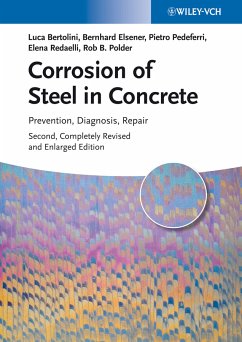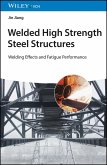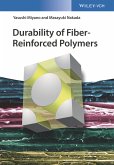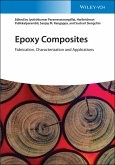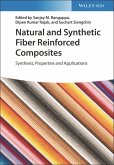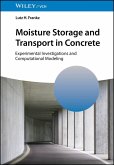Steel-reinforced concrete is used ubiquitously as a building material due to its unique combination of the high compressive strength of concrete and the high tensile strength of steel. Therefore, reinforced concrete is an ideal composite material that is used for a wide range of applications in structural engineering such as buildings, bridges, tunnels, harbor quays, foundations, tanks and pipes. To ensure durability of these structures, however, measures must be taken to prevent, diagnose and, if necessary, repair damage to the material especially due to corrosion of the steel reinforcement.
The book examines the different aspects of corrosion of steel in concrete, starting from basic and essential mechanisms of the phenomenon,
moving up to practical consequences for designers, contractors and owners both for new and existing reinforced and prestressed concrete
structures. It covers general aspects of corrosion and protection of reinforcement, forms of attack in the presence of carbonation and chlorides,
problems of hydrogen embrittlement as well as techniques of diagnosis, monitoring and repair. This second edition updates the contents with
recent findings on the different topics considered and bibliographic references, with particular attention to recent European standards. This
book is a self-contained treatment for civil and construction engineers, material scientists, advanced students and architects concerned with the design and maintenance of reinforced concrete structures. Readers will benefit from the knowledge, tools, and methods needed to understand corrosion in reinforced concrete and how to prevent it or keep it within acceptable limits.
The book examines the different aspects of corrosion of steel in concrete, starting from basic and essential mechanisms of the phenomenon,
moving up to practical consequences for designers, contractors and owners both for new and existing reinforced and prestressed concrete
structures. It covers general aspects of corrosion and protection of reinforcement, forms of attack in the presence of carbonation and chlorides,
problems of hydrogen embrittlement as well as techniques of diagnosis, monitoring and repair. This second edition updates the contents with
recent findings on the different topics considered and bibliographic references, with particular attention to recent European standards. This
book is a self-contained treatment for civil and construction engineers, material scientists, advanced students and architects concerned with the design and maintenance of reinforced concrete structures. Readers will benefit from the knowledge, tools, and methods needed to understand corrosion in reinforced concrete and how to prevent it or keep it within acceptable limits.
Dieser Download kann aus rechtlichen Gründen nur mit Rechnungsadresse in D ausgeliefert werden.

